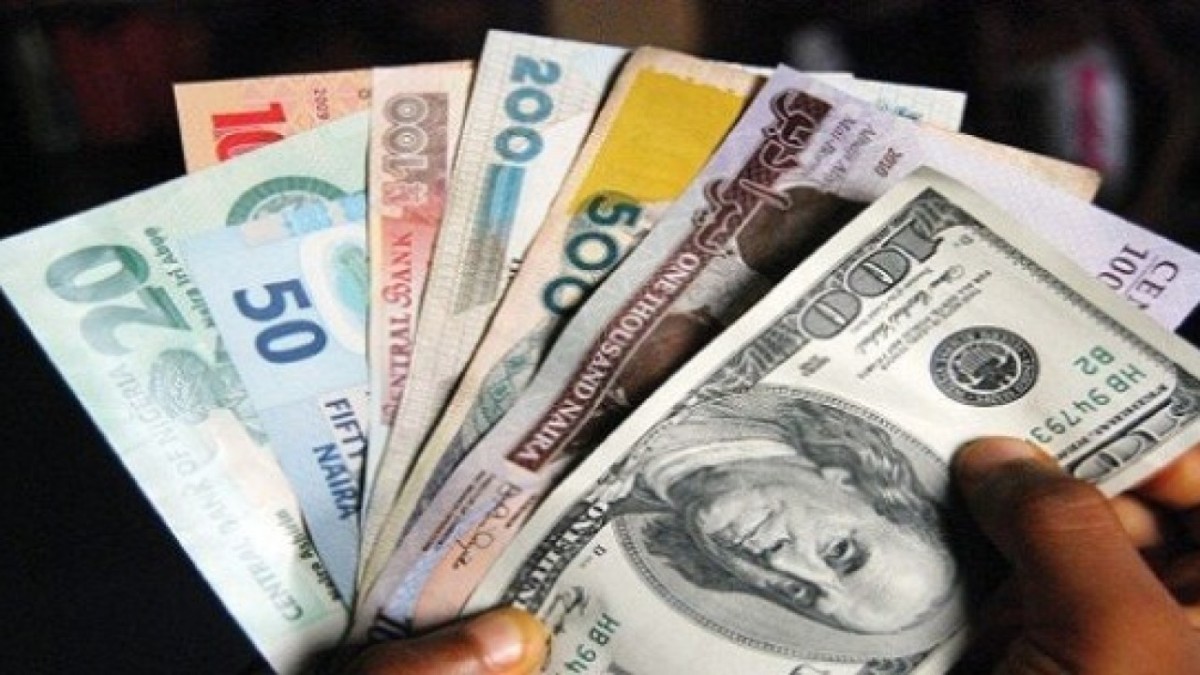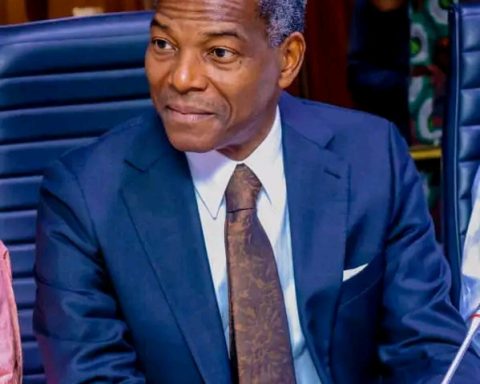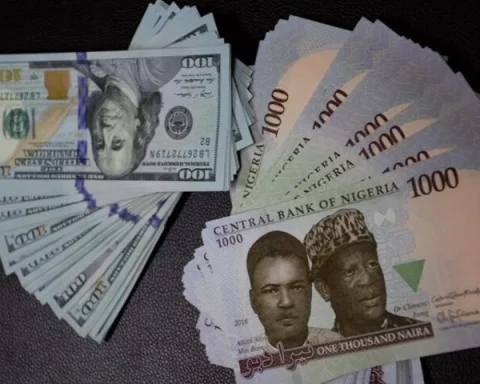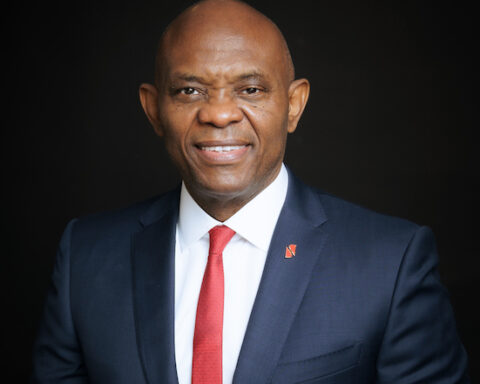As the Central Bank of Nigeria (CBN) plans to hold its 300th Monetary Policy Committee (MPC) meeting next week, lawmakers have warned against raising the benchmark interest rate beyond the current 27.5 per cent in a bid to bring down inflation.
The apex bank has scheduled the 300th MPC meeting for Monday, 19 and Tuesday, 20 May to review outcomes of the implementation of its monetary policy on interest rates, inflation, and overall economic activity.
Join our WhatsApp ChannelDuring the 299th meeting held in February, the MPC decided for the first time in about 12 months to retain the Monetary Policy Rate (MPR) at 27.5 per cent. It was in November 2024, during the 298th meeting, that the MPC raised it to 27.5 per cent from 27.25 per cent.
In its quest to curb inflationary pressure, the monetary authority has raised the MPR by 875 basis points from 18.75 per cent as of February 2024 to the current figure.
Chairman of the House of Representatives Committee on National Planning and Economic Development, Gboyega Nasir Isiaka, raised concerns that high interest rates have negatively affected the manufacturing, agriculture, and small and medium enterprise (SME) sectors in the country, which are significant employers of labour.
READ ALSO: Why CBN Retained Benchmark Interest Rate At 27.5%
Isiaka, who held a meeting with the Statistician-General of the Federation and Chief Executive Officer of the National Bureau of Statistics, Mr. Adeyemi Adeniran, stated that even though the CBN’s policy has led to some good results—gradual stabilisation of the economy and return of investor confidence—there is a need for caution.
He observed that while the CBN pushes to curb inflation by raising the interest rate there are structural issues that have been undermining the effectiveness of the policy.
His words: “The Monetary Policy Rate (MPR) has been raised 10 times since January 2023 and currently stands at 27.5 per cent from 16.5 per cent in 2023, with the aim of curbing inflation. However, it appears that the effectiveness of this policy has been undermined by structural bottlenecks, supply chain inefficiencies, and other factors.
“Therefore, it is our view that, considering the current economic landscape, the monetary authorities, as they meet next week, should consider a more accommodative stance that also promotes growth and employment generation.”
READ ALSO: CBN Intervention Cannot Save The Naira Without A Production-based Economy
The Monetary Policy Committee of the Central Bank of Nigeria, which consists of 12 members, including the CBN Governor as Chairman, is responsible for formulating and implementing monetary policy to achieve price stability, support economic growth, and maintain financial system stability.
The latest Consumer Price Index released by the National Bureau of Statistics (NBS) on Thursday, 15 May, revealed that the headline inflation rate dropped to 23.71 per cent in April from 24.23 per cent in March.
Victor Ezeja is a passionate journalist with seven years of experience writing on economy, politics and energy. He holds a Master's degree in Mass Communication.














